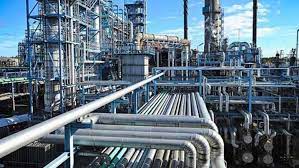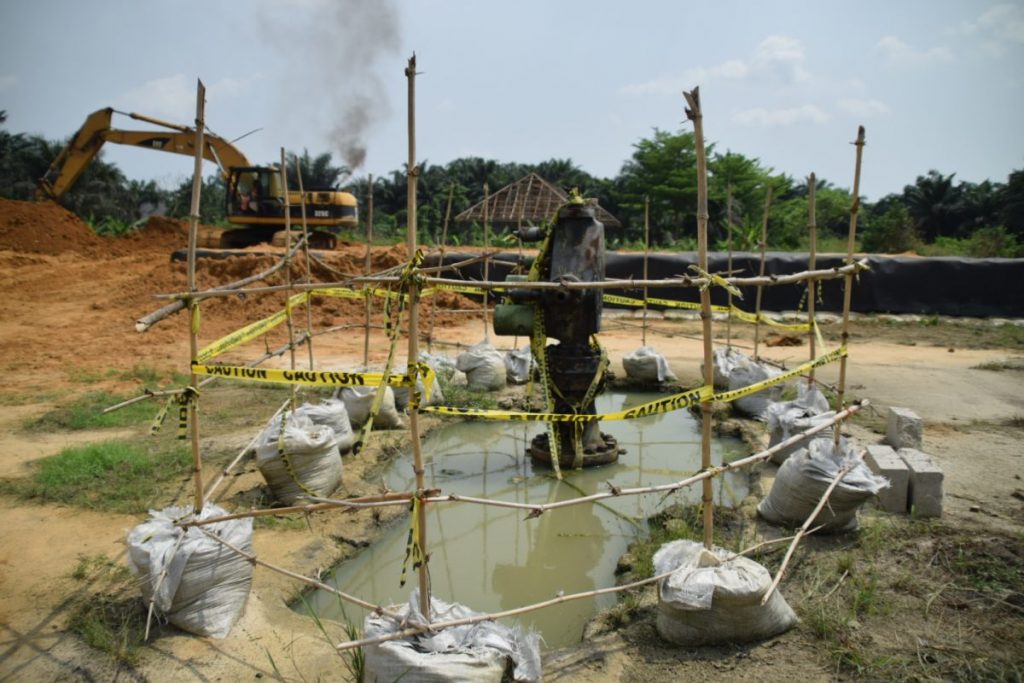
OpeOluwani Akintayo
10 September 2017, Sweetcrude, Lagos — Information emerged that the Organisation of the Petroleum Exporting Countries, OPEC, has freed Nigeria from fixing quotas in the ongoing OPEC/Non-OPEC crude oil cap deal.
According to Chief Executive Officer of Russia’s top oil producer, Rosneft, Igor Sechin, when speaking with Russian news agency, TASS on the current situation of the oil market, said Nigeria is not participating in the deal.
“You know that not all OPEC members are participating, Nigeria has been freed from fixing quotas. It should be taken into account as well, similar to the state of shale production, financial instruments that affect the price,” he said.
Sechin’s statement about Nigeria not being part of OPEC’s cap deal comes in contrast to recent belief that Nigeria has joined the deal.
Just before the OPEC’s joint ministerial monitoring committee’s meeting around July 15 while addressing journalists in Abuja, Nigeria’s Minister of State for Petroleum Resources, Dr. Ibe Kachikwu, stated that the country’s production was still too low to join the OPEC’s cap deal, pleading for understanding from OPEC.
The country’s oil production as at May was 1.9million barrels per day.
As at July, the country’s average output including condensates, increased to 2.06mb/d from 2.05mb/d in June, according to data obtained from the Ministry of Petroleum Resources.
Nigeria’s production had faced attacked from militants in the Niger Delta clamouring for resource control, crashing its output to 1.6mb/d a year ago.
“We are fairly in consensus”, Kachikwu had said speaking further on Nigeria’s stand on joining the cap deal.
OPEC also said obsolete facilities had pushed down Nigeria’s July oil production by 150, 000b/d.
However just a week after, around July 25 after OPEC and Non-OPEC meeting St. Petersburg, Russia, it was announced that Nigeria had been asked to cap its production at 1.8mb/d.
Kachikwu later confirmed the country’s acceptance to cap production.
Although no official statement from Nigeria concerning the current state of its production agreement with OPEC however, whether or not Nigeria actually capped its production is a matter of subsequent data of its oil production and exports.
Preliminary loading plans compiled by Reuters for August showed that Nigeria’s export was 2.02mb/p, along with an additional 97,000 bpd of Akpo condensate, the highest in 17 months.
Data obtained from OPEC’s August monthly oil market report showed that Nigeria’s oil production was 1,714mb/d in June, rising to 1,748mb/d in July, indicating that the country is still within the range of 1.8mb/d.
In a podcast released by the oil ministry earlier this month, Kachikwu said the country’s oil production, including oil and Condensates, is now at around 2.2mb/d to 2.3mb/d.



